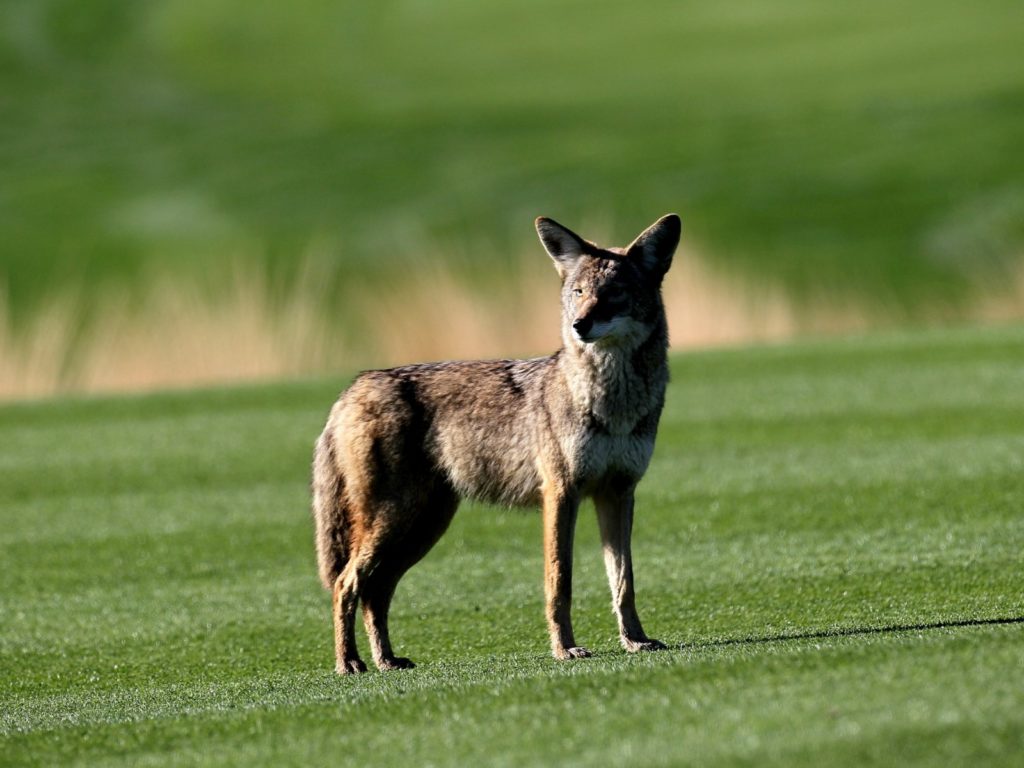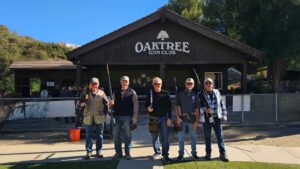
CLARITY: Simi Valley residents need to keep a watchful eye on small pets and children as coyote mating season begins. Coyotes might become more protective of their turf in the coming weeks as they mate and gestate their spring pups.
California Coyotes mate during the winter, peaking late February through early March. Gestation typically runs 58 to 63 days.
For the next few months, it is especially important to keep watch over small pets and children. During this time coyote males become more aggressive. Coyotes may also attempt to mate with domesticated dogs.
Coyote attacks on humans are uncommon, but have been increasing in frequency, especially in California. Over the past 50 years, there have been 160 reported attacks in the United States, nearly all of the attacks have occurred in the Los Angeles area.
In 2004 Simi Valley Police fatally shot a coyote after it tried to drag a 3 1/2-year-old boy off his front porch in Wood Ranch.
In June 2001, a coyote seriously injured a 7-year-old in Northridge before being fought off by the child’s mother.
According to a recent Urban Coyote Research report, waving your arms and making noise will normally scare the animals off most times of the year, but they might be more protective and less likely to run away during pupping season.
While the late winter mating season and spring pupping season might make coyotes more protective, it’s important to remember that coyotes are living among us year-round and are getting more used to humans and their activities.
Coyotes are losing their fear of humans, which is further worsened by people intentionally or unintentionally feeding coyotes. In such situations, some coyotes have begun to act aggressively toward humans, chasing joggers and bicyclists, confronting people walking their dogs, and stalking small children.
The advice from authorities is, “Under no circumstances should you try to feed them.”
Do not try to domesticate them. Humans and coyotes do best when we allow coyotes to remain wild. Should coyotes become problematic, they cannot be re-located and will have to be euthanized. Those who believe they are helping coyotes by feeding them and encouraging them to become tame are actually doing the animal a disservice.
While the Ventura County Department of Animal Regulation does not trap or remove coyotes, they will assist local law enforcement if a coyote becomes a serious danger to human safety. If a coyote acts aggressively or attacks people, please call 911. You may also contact the County Animal Regulation at (805) 388-4341 in cases where you believe a coyote poses an immediate threat to public safety or is seriously injured.















